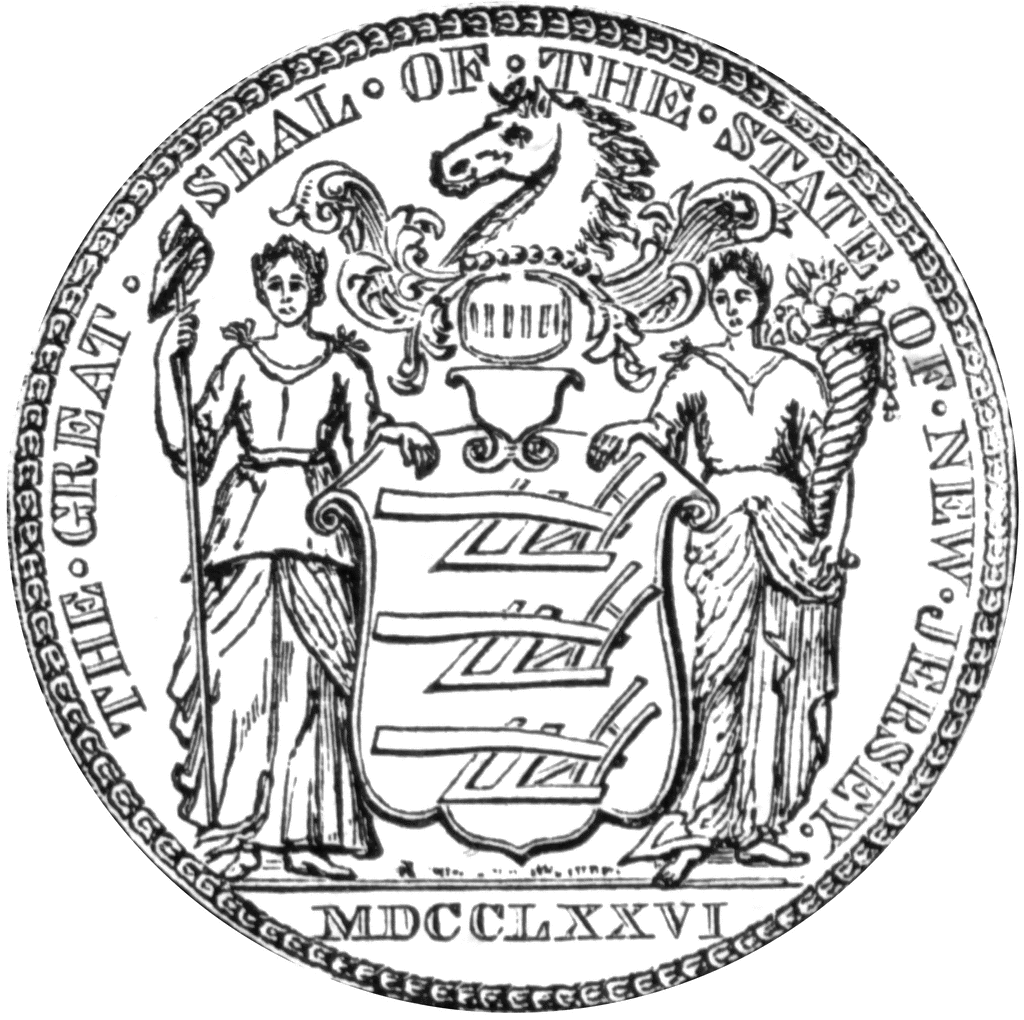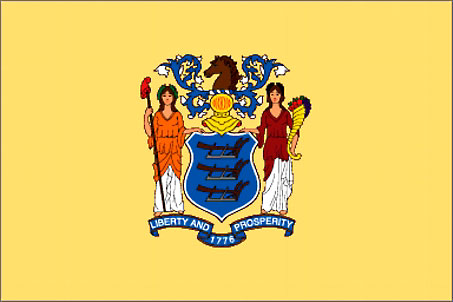As I was writing Lutte d'un Peuple [Struggle of a People], my mother suggested that I speak with my father, who had been a soldier during both the War of the Conquest and the War for Independence. In all honesty, I was none too enthusiastic about the interview; my father and I had never been particularly close. Whether he was working in the city, running the family business, or fighting in the militias, he had had little time for me as a boy, and in the time he did have, he was as aloof as a male lion. However, her reasoning was impeccable; my father had fought for the land he loved in two wars, and if anyone were familiar with the cause of the Quebecois, it would be him. He'd be a valuable asset to my book.
So one winter day I stopped by the family shop, my father behind the counter, stocking all his books (we owned a bookshop). When he turned to see me, he raised his eyebrow, undoubtedly surprised. I merely said, "Bonjour, mon père," and he nodded in acknowledgment. After a second of akward silence, he asked, "Can I help you, Alexandre?" I told him of the book I was writing, and told him that as part of my research, mother suggested that I interview him. He leaned over the counter, head dipped in contemplation, then motioned for me to take one of the crates on the floor in the main room to sit on. I did as he indicated, stepping behind the counter, and he sat on another crate opposite to me.
Pulling out my notepad and a pencil, I asked, "When did you come to Quebec?"
"I came here around 1748, when I was twenty-three years old, as a member of the French army. It was a small force, stationed in La Sarre, and the years up to 1754 were rather peaceful."
"What did you do in the War of the Conquest?"
"I was stationed at Fort Niagra in 1759, and helped defend the fort in the battle there."
"Could you describe what happened?"
"The British Army landed in a marsh outside the fort on July 6 of that year, and lead both British and Iroquois against us. We were under Captain Pouchot, who directed our efforts to defend the fort against the enemy. But the odds were against us. There were only about five hundred of us, and our Iroquois allies abandoned us upon the British arrival. We fought and fought hard against the British, even managing to kill one of their commanding officers. We held out hoping that a relief force would soom come to our aid, but when they were defeated, we had to surrender on the 26th. We had managed to hold our own against the British for twenty days, but couldn't make it. We were captured and held prisoner until the end of the war."
"What happened afterwards?"
"After Quebec City surrendered and New France was signed over to the British, I was permitted to live in Montreal. There, I found your mother, Dorine Devereaux, and married her after starting the business. We lived here peacefully, though I never accepted British rule. I have never felt that the anglophone should rule the francophone, although I didn't do anything about it. We were married, had Pierre, and then had you in 1766, followed by your brother Jacque."
"How did you get involved in the War for Independence?"
"We heard rumors first of the rebellion in the British Colonies, and then that one of the armies, lead by General Montgomery, were coming up north to liberate Quebec. When I first heard this, I grew very excited. I felt that this was the chance to liberate these lands, to liberate the francophone, to grow up in a nation where my sons wouldn't have to become British subjects. The British did there best to keep rebellion from stirring in Montreal, but I met in groups with other former soldiers, and we pledged that if Montgomery were to capture Montreal, that we'd form a militia and fight with the Continental Army. And so we did."
My father grew rather animated while speaking, a twinkle in his eye growing, and I felt that his heart was truly enthusiastic about the liberation of Quebec. What struck me most, though, was a reason I had never heard from him for joining; to keep his sons from growing up in a land ruled by anglophones.
"What did you do after that?"
"We marched with the army to Quebec, and there held the city under siege, with Montgomery's army, Arnold's army, and with the Quebecois militia. The city was clearly overwhelmed, and Governor Carleton was forced to surrender it quickly. Thus Quebec was liberated."
A broad, proud smile was across my father's face, a smile I had not seen before. I asked, "What did you do then?"
"I remained a part of the Quebecois Militia, helping to secure control as the Continental Army moved south to fight against the British in the colonies. I remained a part of the militia till victory in 1780, at which point I returned home. By then you were becoming a man, and the store had been closed for some time, so I had to work to return the business to what it had been. I wished I could have spent more time with you, but I had to, in order to pay for your food. We wouldn't have been able to survive on the little money your mother made while I was gone."
My father seemed to be reaching out to me, his eyes looking deep into mine, and I realized how I had been too assumptive about my father, and how aloof I may have been to him. Pressing on with the interview, I asked, "What do you think of the future of Quebec now, as a member of the United States?"
His face soured. "Quebec has little in common with the anglophones to the south. I don't think that they are like the British, and I don't think we'll have another war. But if we are to progress, we can't continue to live under their laws. We must be completely independent."
At that, I thanked the old man. My father died before Lutte d'un Peuple was published, but at least I felt assured that if he had had the chance to read it, he would have approved.
(From the Memoirs of historian Alexandre Bouchard)





